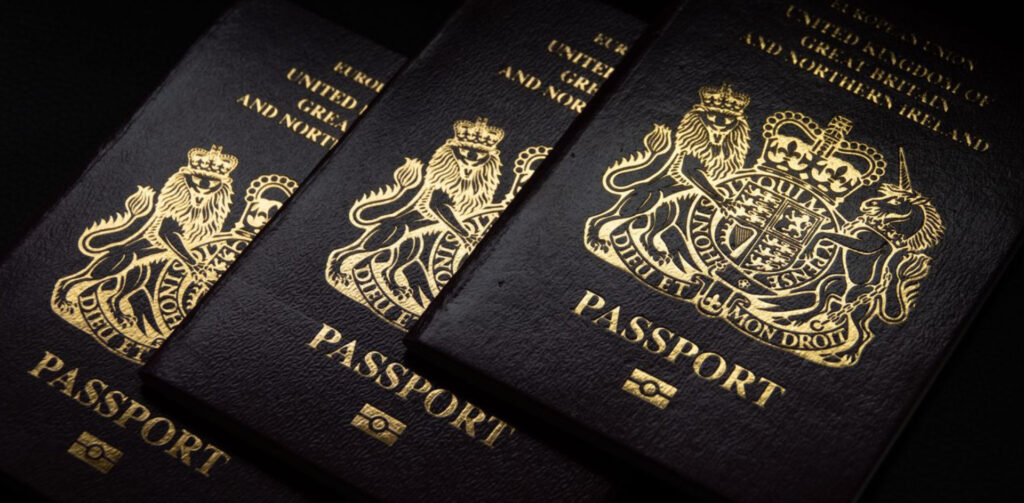India has agreed to accept minor UK visa changes as negotiations for a UK-India free trade deal reach their final stages, despite earlier demands for broader concessions to allow more Indian workers into Britain.
According to a UK official, the new agreement will create around 100 additional visas for Indian workers annually—far short of New Delhi’s original request for larger quotas, particularly in sectors such as IT and healthcare. The visa arrangement forms part of the finalized “mobility chapter” of the trade deal, aimed at facilitating inter-company transfers, although officials insist it is impossible to put an exact figure on worker movements.
Visa Sensitivities in Politically Charged Climate
Negotiations over visas remain politically sensitive in Britain, with concerns that relaxing foreign worker rules could provoke backlash from voters, especially as Nigel Farage’s Reform party targets Labour heartlands. The Home Office has reportedly resisted major visa concessions to avoid worsening the UK’s net migration figures.
India’s chief trade negotiator, Piyush Goyal, is expected to press the incoming Keir Starmer government for more concessions during his visit to London this week. His agenda includes seeking carve-outs from the UK’s proposed carbon tax on high-emission imports and pushing for a “Double Contribution Convention” allowing Indian firms to reclaim British state pension contributions for short-stay workers.
Carbon Border Tax Sparks Indian Concerns
India has voiced concerns about the UK’s upcoming Carbon Border Adjustment Mechanism (CBAM), a tax on high-carbon imports like steel and cement, aligned with EU measures expected by 2027. Indian officials argue these taxes could disadvantage their exports, even after a trade deal is signed.
Shashi Tharoor, chair of the Indian parliament’s external affairs committee, and High Commissioner Vikram Doraiswami warned the UK that new taxes must not tilt the playing field unfairly post-agreement. Piyush Goyal has also criticised Europe’s carbon border measures, saying they could “sound the death knell of manufacturing.”
Progress Toward Agreement
Despite tensions over visas and carbon taxes, UK and Indian officials report that trade negotiations are in their final stretch, with “only a few percentage points” remaining to be agreed. UK Trade Secretary Jonathan Reynolds and Indian negotiators have expressed optimism about finalising the deal, with political urgency increasing amid global trade uncertainties fuelled by former US President Donald Trump’s protectionist policies.
Both sides acknowledge that sealing the agreement will require greater flexibility. As Shashi Tharoor noted, “We all need buffers against the global trade uncertainties that have suddenly shot up in people’s consciousness.”


